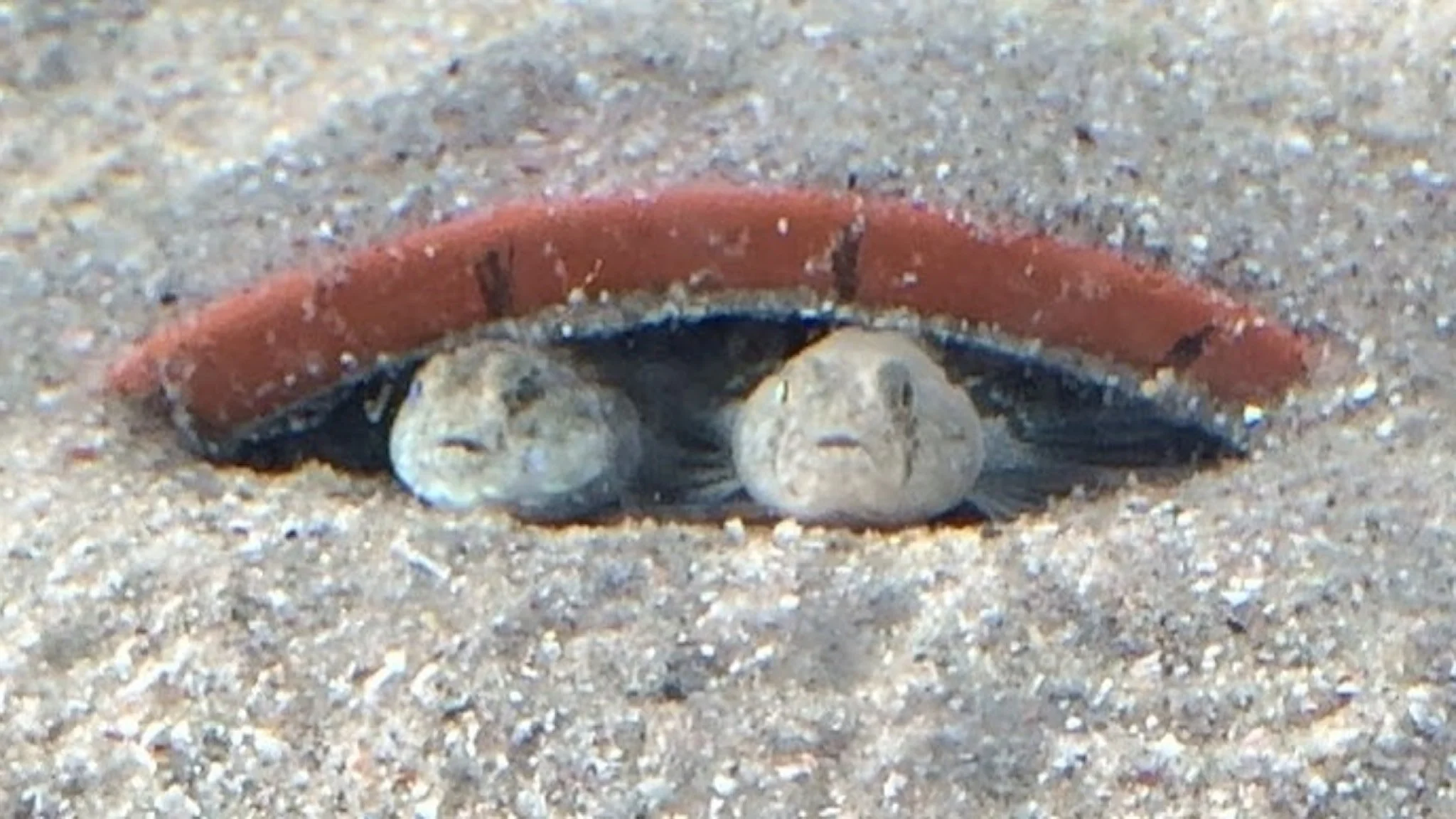New paper in STOTEN
Blom, E.-L., Dekhla, I.K., Bertram, M.G., Manera, J.L., Kvarnemo, C., Svensson, O. 2024. Anthropogenic noise disrupts early-life development in a fish with paternal care. Sci. Total Environ. 935, 173055. https://doi.org/10.1016/j.scitotenv.2024.173055 | PDF
ABSTRACT
Anthropogenic noise is a global pollutant but its potential impacts on early life-stages in fishes are largely unknown. Here, using controlled laboratory experiments, we tested for impacts of continuous or intermittent exposure to low-frequency broadband noise on early life-stages of the common goby (Pomatoschistus microps), a marine fish with exclusive paternal care. Neither continuous nor intermittent noise exposure had an effect on filial cannibalism, showing that males were capable and willing to care for their broods. However, broods reared in continuous noise covered a smaller area and contained fewer eggs than control broods. Moreover, although developmental rate was the same in all treatments, larvae reared by males in continuous noise had, on average, a smaller yolk sac at hatching than those reared in the intermittent noise and control treatments, while larvae body length did not differ. Thus, it appears that the increased consumption of the yolk sac reserve was not utilised for increased growth. This suggests that exposure to noise in early life-stages affects fitness-related traits of surviving offspring, given the crucial importance of the yolk sac reserve during the early life of pelagic larvae. More broadly, our findings highlight the wide-ranging impacts of anthropogenic noise on aquatic wildlife living in an increasingly noisy world.
